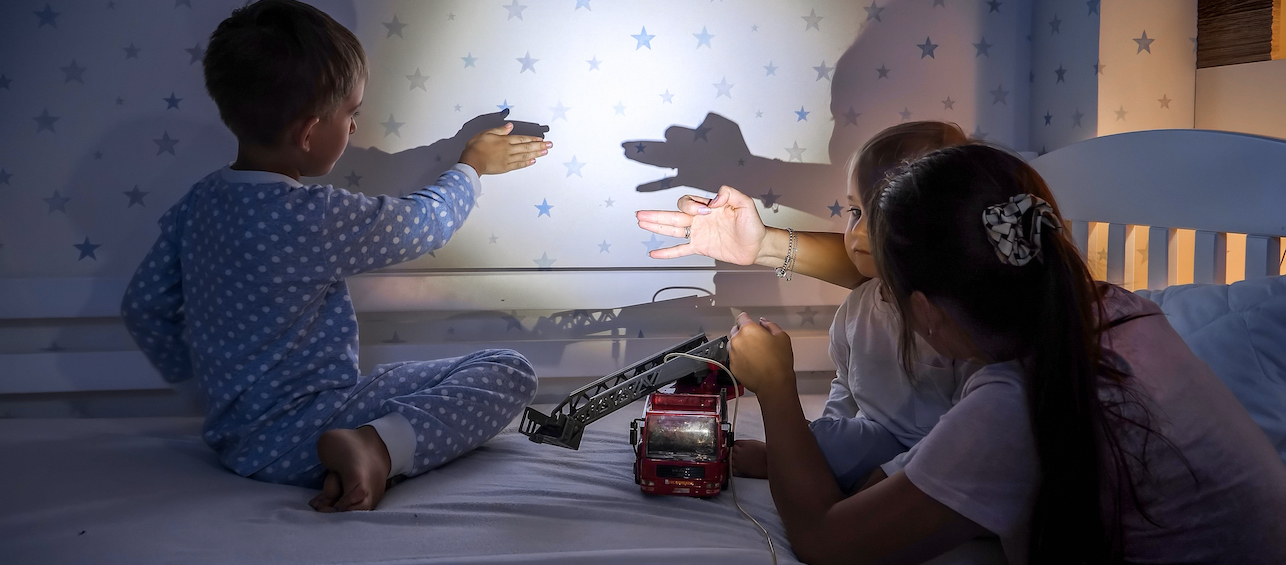Food is a powerful thing. It has the power to sustain life and bring people together, but it also has potential to be a centerpiece of unhealthy behavior.
In a world where shows like The Biggest Loser are regarded as entertainment for the American Public and 8-year-olds are restricting carbs, having an outpatient eating disorders treatment team at Cincinnati Children’s, is possibly more important than ever before.
Our eating disorders program serves adolescents with significantly unhealthy eating behaviors including anorexia nervosa, bulimia nervosa, binge eating and everything in between. We evaluate and treat patients from age 8 through age 22.
Many of our patients have a full blown eating disorder or some aspect of disordered eating. All have an unhealthy relationship with food and often a distorted body image. These issues need to be addressed with the assistance of a specially trained physician, mental health therapist and registered dietitian.
Dieting, a major life change and/or negative comments about one’s body can often lead to disordered eating.
Stories of kids and teenagers going to extreme dieting measures are now frequently reaching broad audiences and thus raising awareness of some of the ways kids are trying to augment their physical appearances. What gets lost in that, however, is the important fact that these specific behaviors are often early signs of larger problems.
It is important for parents to be aware of the red-flags that are associated with disordered eating. We advise parents to be aware of four groups of behaviors that could indicate that a child or teen needs help:
Dieting behaviors:
- Excluding an entire food group from his or her diet.
- Drastically reducing portion sizes.
- Asking a lot of questions about fat, protein and carb content in foods the family eats.
- Excessively reading nutrition labels or excessive attention to ingredients.
- Avoiding previously favorite foods or not ordering favorite foods at restaurants.
Exercise behaviors:
- Insisting on exercising even while ill.
- Becoming upset or irritable if he or she has to miss a workout due to a family event.
- Time dedicated to exercise takes away from day-to-day activities.
- Using exercise as a way to isolate from loved ones.
- Insisting on doing extra workouts in addition to practices mandated for team sports.
Social behaviors:
- Excessively commenting about being uncomfortable, fat, not good-looking, anything negatively representative of the child/teen’s body image.
- Significant decline in academic performance/grades.
- Isolation from friends.
- Refusal to engage in activities with family and friends.
Bathroom behaviors:
- Excessive time in the bathroom, especially after meals.
If a child or teen reaches a point where the behaviors described above are interfering with his or her everyday life or the lives of his or her family members, it’s time to seek help.
An older teen or young adult may argue that the behaviors aren’t interfering, but if a relative or friend who doesn’t see the individual regularly comments on weight loss, or expresses concern for their health, it is probably a good indication that help is needed.
Additionally, particular personality traits can make a person more at-risk for an eating disorder. Parents of a child or teen who has obsessive/compulsive tendencies, anxiety or depression should be aware of the signs and may also consider asking the child’s teachers to be careful when delivering information that is intended to illicit a behavioral change. For example, we often get calls after health classes during which kids have learned that fat is bad or that they’re supposed to have a certain BMI or count calories. In kids who have the tendencies described above, this can be problematic because they are at risk of making extreme changes to abide by these new “rules” they’ve just learned.
If you know a young person who is exhibiting behaviors described above, I encourage you to help that child or teenager seek a medical evaluation for disordered eating. The earlier intervention begins, the better that person’s chances are of an excellent treatment outcome. Additionally, serious medical problems can arise if disordered eating continues, making it even more important that the early signs of a problem be taken seriously.
If you have questions, or would like to request an appointment, please contact our Eating Disorders Program.
Author’s Note: It is important to see a physician who is specially trained in the treatment of eating disorders if one is suspected. Part of the process of diagnosing an eating disorder is ruling out other causes of the signs and symptoms a person is exhibiting. These can be both physical and psychological which is why it’s essential that a medical doctor and mental health therapist, who specialize in eating disorder treatment, be the ones to initially evaluate a person who has been referred. When physical and emotional concerns point to other diagnoses, recommendations for different treatment would be made.






I get what you’re trying to do and that is great. However, I would appreciate a paragraph in there about how there are serious medical disorders that can be misdiagnosed as an eating disorder. Such as POTS/EDS and their complications. I’ve gotten crap about having an eating disorder most of my life. In reality, I was seriously sick and needed medical attention that I still haven’t really gotten. As a girl, my daughter is going to face the same stigmatization 🙁 It would help if you could raise awareness about this facet to reduce the misinformation and social hysteria…